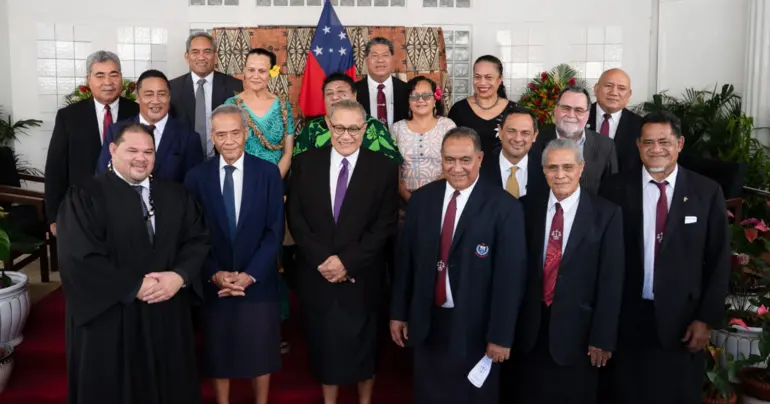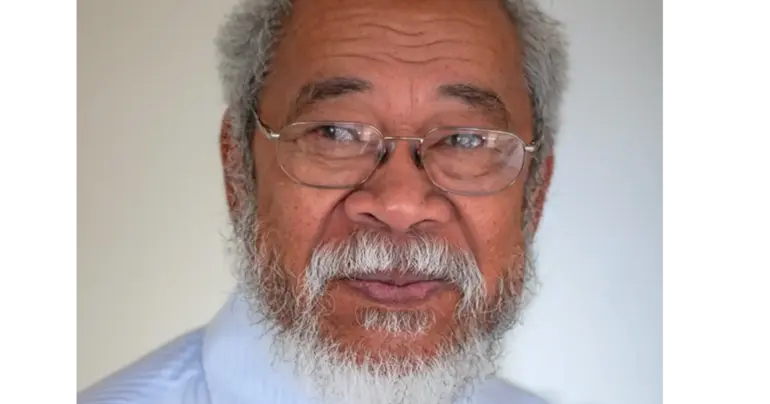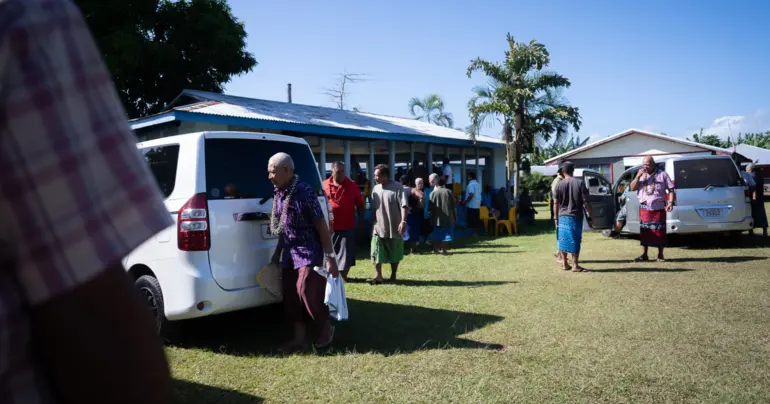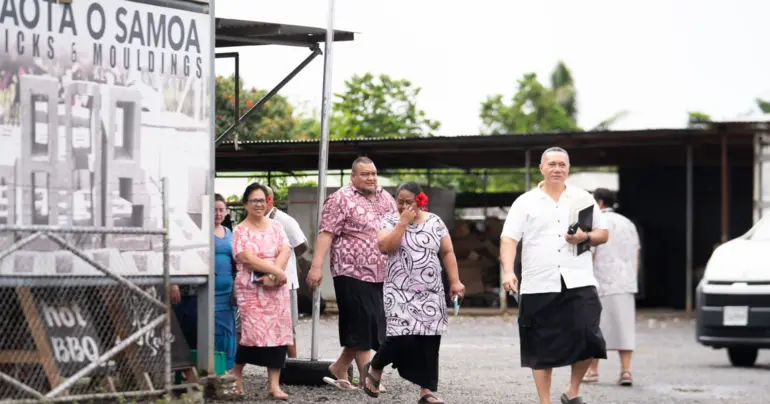A'eau is correct: exams are a student’s right
It is great that the Chief Executive Officer for the Ministry of Education and Culture (MEC) has laid down the law on the need for students in Samoa to take the national examinations.
An article (Exams are students’ right: Education Chief) in yesterday’s edition of the Samoa Observer reported on the comments of CEO A'eau Christopher Hazelman, who emphasised that it is the right of every student in Year 12 and Year 13 to take the national examinations.
Asked whether those students who didn’t pay their exam fees should still sit for their national exams, he said ultimately it is their right and that right should not be taken away from them.
"There is that sense of fairness, but at the end of the day, they have the right to take these national exams,” said A'eau. "And for us, the ministry, this is our service and we have a duty and obligation to make sure that every student gets the opportunity to sit the exams.
"We understand that people might say that it's unfair for the parents and students who paid their exam fees, but we can't deny the students the opportunity to sit these national exams."
We commend the Education Ministry CEO for coming out strong on this issue, which has indirectly put all schools and colleges on notice.
According to A'eau, no students were barred from sitting for his or her national examinations this year, even those who didn’t pay their exam fees or were expelled.
We hope the Education Ministry and the CEO’s position on this issue were relayed to Samoa’s different secondary schools and colleges – prior to the start of the national exams this year – so that the individual educational institutions were aware.
We believe that there are still pockets of families living in far-flung communities on both Upolu and Savai’i, whose children missed out on sitting their national examinations, due to the lack of funding or pressures from the family for their child to join the workforce brought on by their poor socio-economic background.
Early this month the United Nations (UN) Committee on the Rights of the Child (CRC Committee) visited the Cook Islands, Federated States of Micronesia, Tuvalu and Samoa to do an appraisal of these States’ efforts to promote and advance children’s rights since the CRC Committee’s 84th Extraordinary Outreach Session in Apia, Samoa three years ago.
The Convention on the Rights of the Child – of which Samoa as a State is a signatory – states that every child has the right to an education; primary education should be free; and secondary and higher education should be available to every child.
So how can the Education Ministry and the Samoa government guarantee and ensure that no child is left behind in terms of their education including sitting for their annual national exams?
A possible intervention lies in accessing the Samoa government’s SAT$1 million District Development Project grant to pay for the school fees of economically impoverished families, which the Education CEO also mentioned when discussing how families could be assisted to pay their children’s fees.
"I think that's a great way of helping and assisting the families and children who are the future of Samoa.
“That will ensure that no student will be able to go to school and continue their education, especially in situations where families can not afford school fees for their children, particularly for the ones at the university level.”
With the 2023 academic year about to come to a close, both parents and the Education Ministry should begin planning for the 2024 school year. Some issues that remain outstanding (carried over from the term of the former government) include the proposed education reforms to shorten secondary school education from five to four years and encouraging parents to ensure their children complete secondary school and are not forced out to assist put food on the table. With the rise in the cost of living in Samoa, more families will be pressured to force their older children to abandon school for short-term employment.
Interestingly, the increase in the deployment of more Samoan seasonal workers to Australia or New Zealand is also likely to lead to employer requests for workers with basic literacy and numeracy skills. Incomplete secondary education for Samoan youths puts them at a comparative disadvantage when compared to those from other Pacific Island nations.











